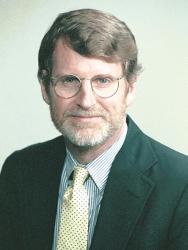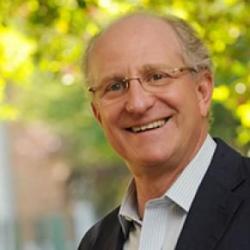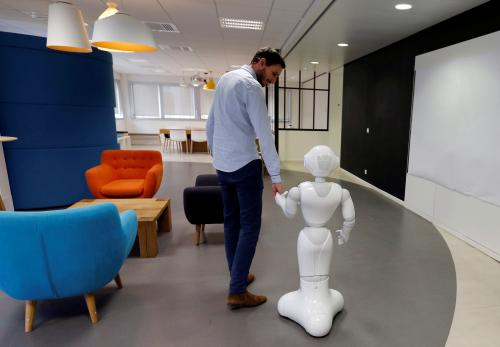

9:00 am EST - 2:00 pm EST
Past Event
9:00 am - 2:00 pm EST
1775 Massachusetts Avenue NW
Washington, DC
20036
The Baby Boomer generation is reaching retirement age. The long-term outlook for the federal budget is bleak, with much of the federal budget devoted to the elderly and people with disabilities through Social Security, Medicare, and Medicaid. As more Americans leave the workforce, the cost of these programs will soar. The budget outlook would improve if American workers delayed their retirement. Longer work lives would reduce the near-term cost of Social Security and Medicare benefits and boost the income and payroll taxes that older Americans pay. How much would later retirement contribute to solving the federal deficit problem?
On December 7, the Economic Studies program at Brookings hosted a forum to discuss the impact of longer work lives on the budget outlook. How would later retirement affect government outlays, particularly on programs targeted on the aged, and how would it affect income and payroll taxes? What kinds of Americans are most likely to delay their retirements? Will workers delay their departure from career jobs or will they take bridge jobs that have less responsibility, lower hours, or worse pay than their previous jobs? How would longer work lives affect younger workers and the distribution of income? What kinds of policies can boost employment of the elderly and disabled while preserving the crucial functions of the social safety net?



Fiona Stewart
May 3, 2022

Ivailo Izvorski
May 14, 2019

Maria Gonzalez-Miranda, Ivailo Izvorski
April 4, 2018